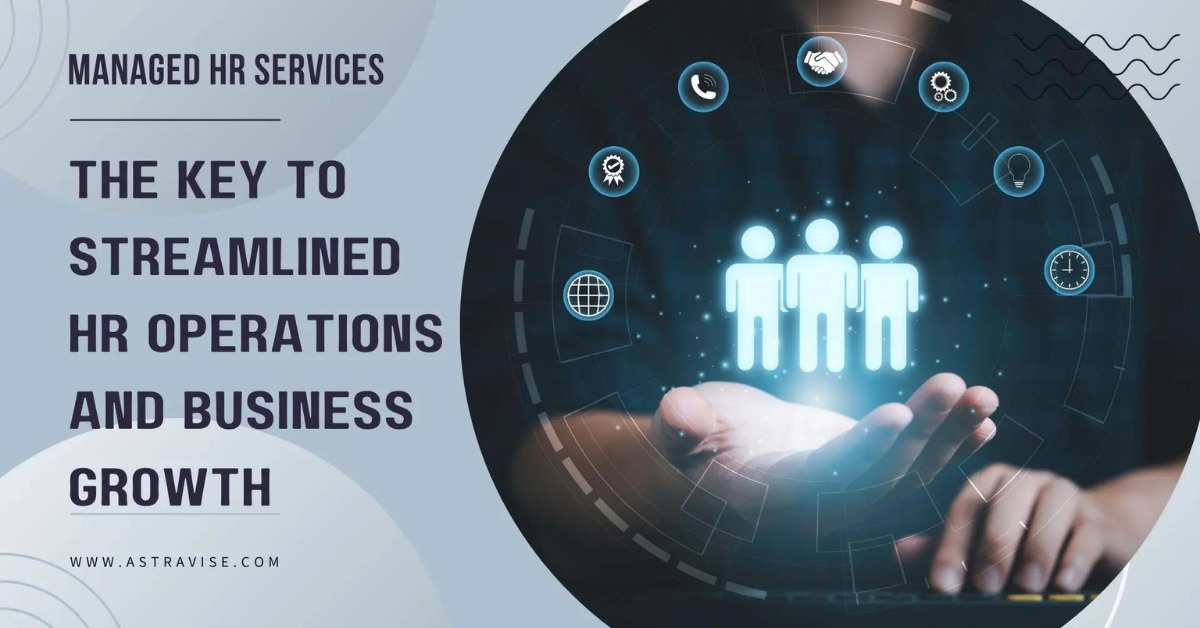As we approach 2025, several key HR trends are transforming the workplace, driven by technology, evolving societal expectations, and new policies. Here’s a concise look at the most impactful changes:
1. AI and Automation: Enhancing Personalization
AI will automate routine HR tasks and provide insights to personalize employee experiences. HR professionals must leverage the resultant data to create tailored learning, development paths, and benefits packages, driving engagement and productivity.
Here are some examples:
HireVue
- Functionality: AI video interviewing, facial recognition, tone analysis, and language comprehension to assess candidates soft skills and cultural fit.
- Benefits: Saves time for HR teams and provides valuable insights for informed hiring decisions.
Peoplebox.ai
- Functionality: AI resume screening and candidate shortlisting based on skills, experience, and cultural fit. Also offers AI-driven feedback and pulse surveys.
- Benefits: Enhances the efficiency of hiring processes and improves employee engagement.
Textio
- Functionality: Analyzes language patterns to craft compelling job postings that attract diverse talent pools.
- Benefits: Optimizes inclusivity and improves candidate engagement1.
iCIMS Talent Cloud
- Functionality: Employs native AI to improve talent acquisition by attracting, engaging, hiring, and advancing top candidates.
- Benefits: Enhances efficiency, accelerates hiring velocity, and reduces hiring costs4.
HrFlow.ai
- Functionality: Unifies, processes, and orchestrates talent data using AI modules for parsing, tagging, embedding, searching, scoring, and upskilling.
- Benefits: Automates HR data processes, increases revenue, and enhances talent mobility
2. Hybrid Work: Inclusivity and Results-Driven Performance
The hybrid work model is evolving to focus on inclusivity and equal opportunities for both remote and in-office employees. Outcome-based performance management will replace traditional time-tracking, emphasizing results over hours worked.
3. Employee Wellbeing and Mental Health: A Strategic Priority
By 2025, organizations will invest heavily in mental health resources, flexible working arrangements, and psychological safety. These initiatives will be critical to retaining talent and boosting productivity in an increasingly competitive job market.

4. Skills-Based Economy: Continuous Learning
As industries rapidly evolve, HR will need to focus on skills-based hiring and continuous learning. Organizations will offer personalized upskilling programs to close skill gaps, keeping their workforce competitive and adaptable.
5. DE&I: Accountability and Cultural Transformation
Progressive government policies on DEI are pushing companies to go beyond representation and create inclusive cultures with equitable hiring, promotions, and pay. DEI will be a core part of HR strategy, ensuring every employee feels valued and respected.
6. Personalized Retention Strategies
To retain top talent, HR must adopt personalized retention policies, offering tailored career development, flexible work options, and personalized benefits. Cultural interventions fostering belonging and individual recognition will be key to engagement.
7. The Gig Economy: Managing a Fluid Workforce
As the gig economy grows, HR will need strategies to manage contingent workers effectively integrating them into the culture, providing training, and ensuring compliance while offering the same development opportunities as full-time employees.
The future of HR in 2025 demands adaptability and agility. The future of work is here – Are you ready?



